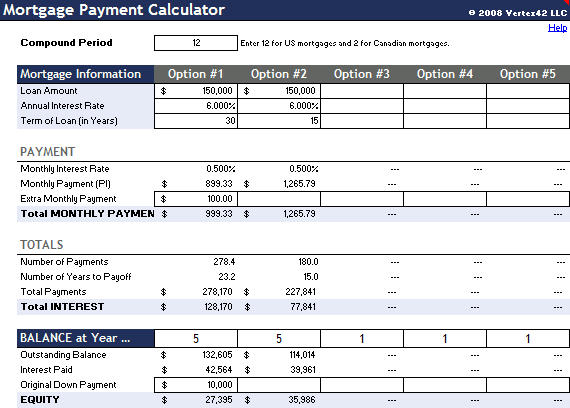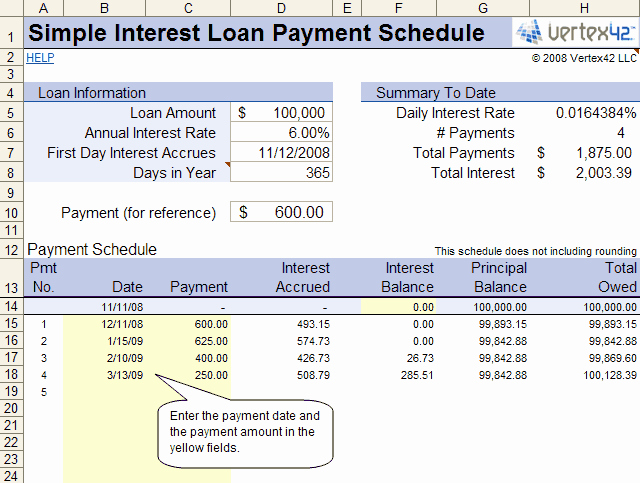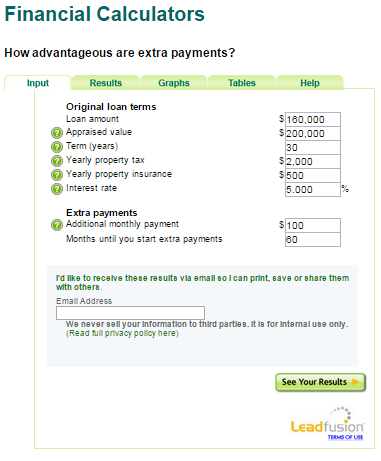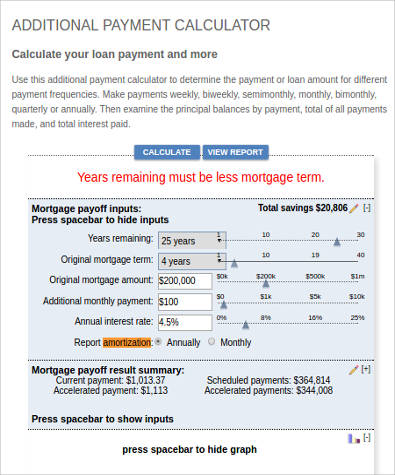

Usually, the title insurance company (or person you’re using for closing and settlement) will withhold the amount at closing. If you’re a non-resident buying property in Colorado, you’re responsible for filing income tax withholding for any real estate in excess of $100,000. Most municipalities charge 0.01%, but you may find different percentages depending on the county. In some states, this is the responsibility of the seller, but in Colorado, most counties impose the tax on the home buyer. In Colorado, title insurance agencies are required to display current rates and fees, so make sure you understand costs before closing.Īs the purchaser, you’re also required to pay a transfer tax. As the buyer, you have the option to purchase your own policy that insures you for the amount you paid to purchase the property. Most lenders require a policy, as it protects against past defects in the title. You also have to pay for title insurance. Again, this amount varies on who provided the service as well as if you opted to use the service at all. The total depends on what your particular lender charges you and isn’t the same across all lenders.Īnother chunk of your closing costs goes toward third-party fees, such as for an attorney, appraisal, credit report and survey. Within that umbrella are underwriting fees, tax service, document preparation, broker fees, points and commitment fees.

A significant amount usually goes to your mortgage lender, known as origination fees. You can break down closing costs by who receives the money. Census Bureau, Bankrate and government websites. Once we calculated the typical closing costs in each county we divided that figure by the county’s median home value to find the closing costs as a percentage of home value figure. We considered all applicable closing costs, including the mortgage tax, transfer tax and both fixed and variable fees. Our Closing Costs Study assumed a 30-year fixed-rate mortgage with a 20% down payment on each county’s median home value. You can find your county below to get a better idea. In Colorado, expect to pay an average between 0.90% and 3.60% of your home's value in closing costs. You’ll pay fees to your lender, the county and/or state as well as a number of other entities involved in the property transaction. That’s when you’ll sign a number of documents, get the keys and pay the closing costs.

When you’re ready to finalize the home purchase, you’ll set a closing date with your loan officer. However, you’ll need to pay extra for specialized testing such as mold, termite and radon. Most home inspections cover the structure, plumbing, electrical, roof and more.
#MORTGAGE CALCULATOR EXTRA PAYMENT 2 WEEKS LATER VERIFICATION#
A home inspection is your verification of the home’s condition before the contract is finalized. In Colorado, home inspections cost an average between $200 and $560, with higher prices for more square footage and lower costs for smaller homes and condos. An essential step in the home-buying process is the home inspection. You’ll need to pay for a number of services before you purchase a home. Costs to Expect When Buying a Home in Colorado Financial advisors can also help with investing and financial plans, including retirement, taxes, insurance and more, to make sure you are preparing for the future. If you want to learn more about how you can help mitigate risk, Colorado’s Division of Insurance has a number of brochures with educational information.Ī financial advisor can help you understand how homeownership fits into your overall financial goals. In that year alone, over 48,195 acres were burned. According to the Insurance Information Institute, Colorado is relatively prone to wildfires, with 1,017 fires in 2021.

While out of the path of most hurricanes, living in Colorado means contending with wildfires. In Colorado, the average homeowners insurance premium is $2,964 per year, according to data. To receive the exemption, check your eligibility and send an application by the deadline.Īlong with property taxes, another cost that stays with you over the course of homeownership is insurance. Tax exemptions are available for qualifying seniors and disabled veterans. The number depends on how much revenue your county or town needs at that time. While the market value, based on the price of homes sold in your area is part of the equation, your actual tax rate is based on a fraction of the market value. Your property’s value is assessed in two-year cycles. None of your property tax money goes to the state. The money you pay for property taxes goes straight to your county to support local services, such as schools and infrastructure maintenance. The good news for homebuyers is that Colorado property taxes are among the lowest in the country, with an average effective rate of 0.48%. Factors in Your Colorado Mortgage Payment


 0 kommentar(er)
0 kommentar(er)
